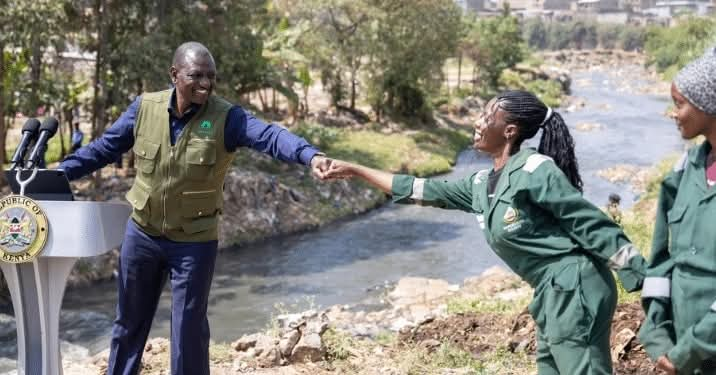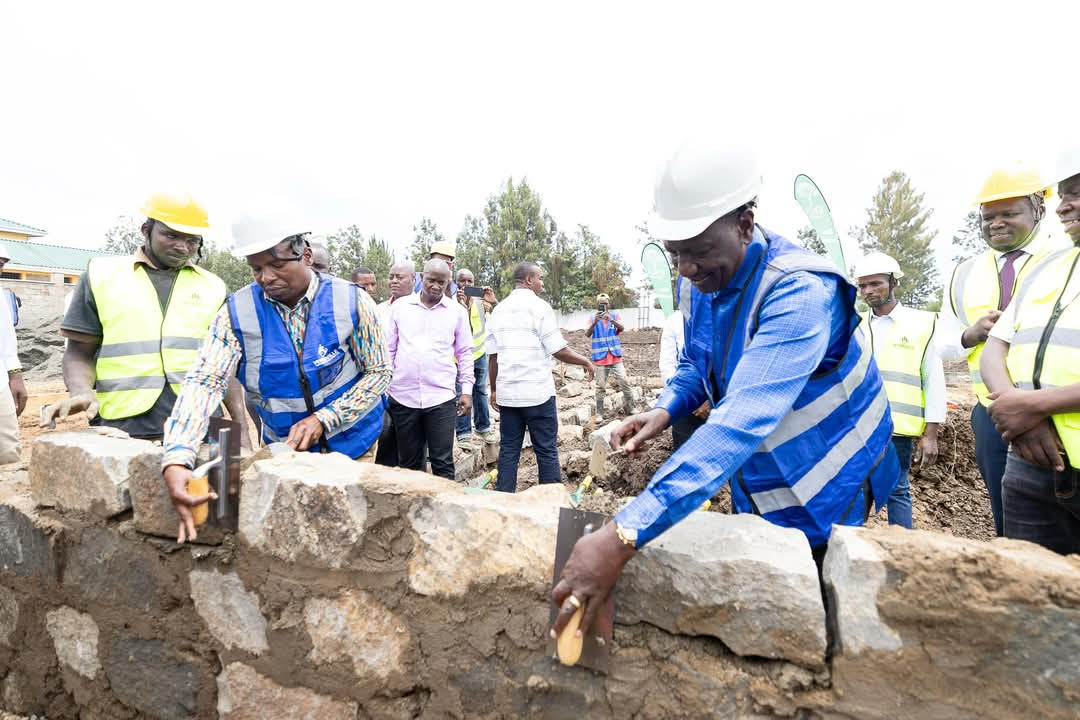The Evolving Eventscape: A Post-Pandemic Remix
Image: One of Blankets and Wine events in NairobiThe global pandemic didn’t just disrupt our health; it fundamentally altered the way we experience events. Gone are the days of overflowing convention centers and shoulder-to-shoulder concerts. The events industry, once a monolith of physical gatherings, has undergone a metamorphosis, embracing a hybrid future.
Virtual events
Virtual events, once a niche offering, exploded in popularity during lockdowns. Platforms like Zoom and Microsoft Teams became our new conference halls, offering accessibility and convenience. But a Zoom fatigue quickly set in, highlighting the irreplaceable value of in-person connection.
The post-pandemic eventscape reflects this newfound appreciation. Physical events are back, but with a renewed focus on safety and a sprinkle of virtual magic. Attendees can now participate remotely, expanding the reach of conferences and allowing geographically dispersed professionals to connect.
Hybrid models
This hybrid format caters to a wider audience. Introverts who might have shied away from large crowds can now engage from the comfort of their homes. Conversely, those craving face-to-face interaction can network and build relationships in person.
Technology is further enhancing the in-person experience. Interactive apps allow real-time feedback and participation, while AI-powered matchmaking tools connect attendees with similar interests. Gone are the days of aimlessly wandering the expo floor; events are becoming more targeted and efficient.
However, challenges remain. Ensuring a seamless virtual experience alongside a well-organized physical event requires significant resources. Striking a balance between the two is crucial, and event planners need to be adept at utilizing technology without neglecting the human element.
The future of events lies in this beautiful blend. It’s a world where physical gatherings are enhanced by technology, fostering a sense of community that transcends geographical boundaries. The pandemic may have forced a change, but it ultimately led to a more inclusive and dynamic eventscape, one that caters to a wider audience and offers a richer experience for all.









